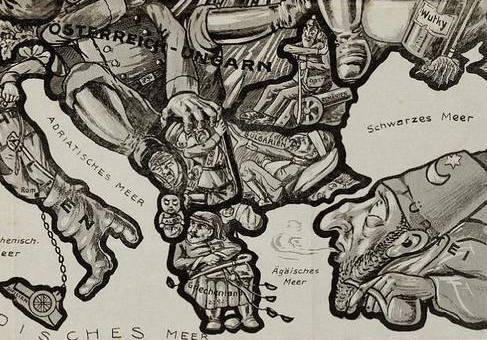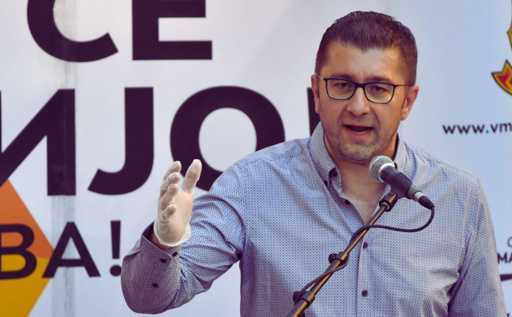On the same day, it emerged that a draft resolution based on a report by MEP Thomas Weitz includes strong language concerning regional geopolitics. The document directly addresses what it calls the “Serbian World” project, describing it as a campaign not just for economic dominance but for reshaping state borders in the Balkans. According to the resolution, this project extends its influence over Republika Srpska, Montenegro, Kosovo, and North Macedonia. Point 80 of the report voices concern that representatives from the North Macedonian government are participating in initiatives aligned with this vision, which it argues threatens sovereignty and regional stability.
Point 81 calls for the opening of Yugoslav-era secret police archives - specifically those of UDBA and KOS - stored in both North Macedonia and Serbia. The purpose, it says, is to help the region move beyond its totalitarian past and support stronger democratic institutions through transparency and accountability.
The resolution further notes that North Macedonia continues to be a target of foreign influence campaigns aimed at stoking anti-European sentiment and dividing society. These efforts, the report warns, often come through Serbian-language media that disseminate pro-Kremlin narratives across the region. It also recalls that North Macedonia expelled 13 Russian diplomats between 2018 and 2023 for espionage-related activity, a sign that covert networks are still active in the country.
China is also named in the draft report as a source of growing influence, reportedly using tactics such as media funding, strategic investments, and clauses in infrastructure loans that carry coercive conditions. The report warns that Chinese-funded content has appeared in Macedonian media without proper disclosure. It also points to 2023 analyses that revealed how Russian-linked entities have used Serbian media channels to distribute messages hostile to NATO and to claim the EU is forcing North Macedonia to compromise on its national identity.
The draft resolution concludes with broader concerns over hybrid threats and foreign interference across all Western Balkan EU candidate states. It cites strategic corruption, murky financial transactions, and pressure from both Russia and China as persistent dangers. In this context, it flags Hungary and Serbia as playing a role in advancing Beijing and Moscow’s geopolitical agendas, pointing to specific cases like a Hungarian loan to North Macedonia that reportedly originates from Chinese funding sources.


